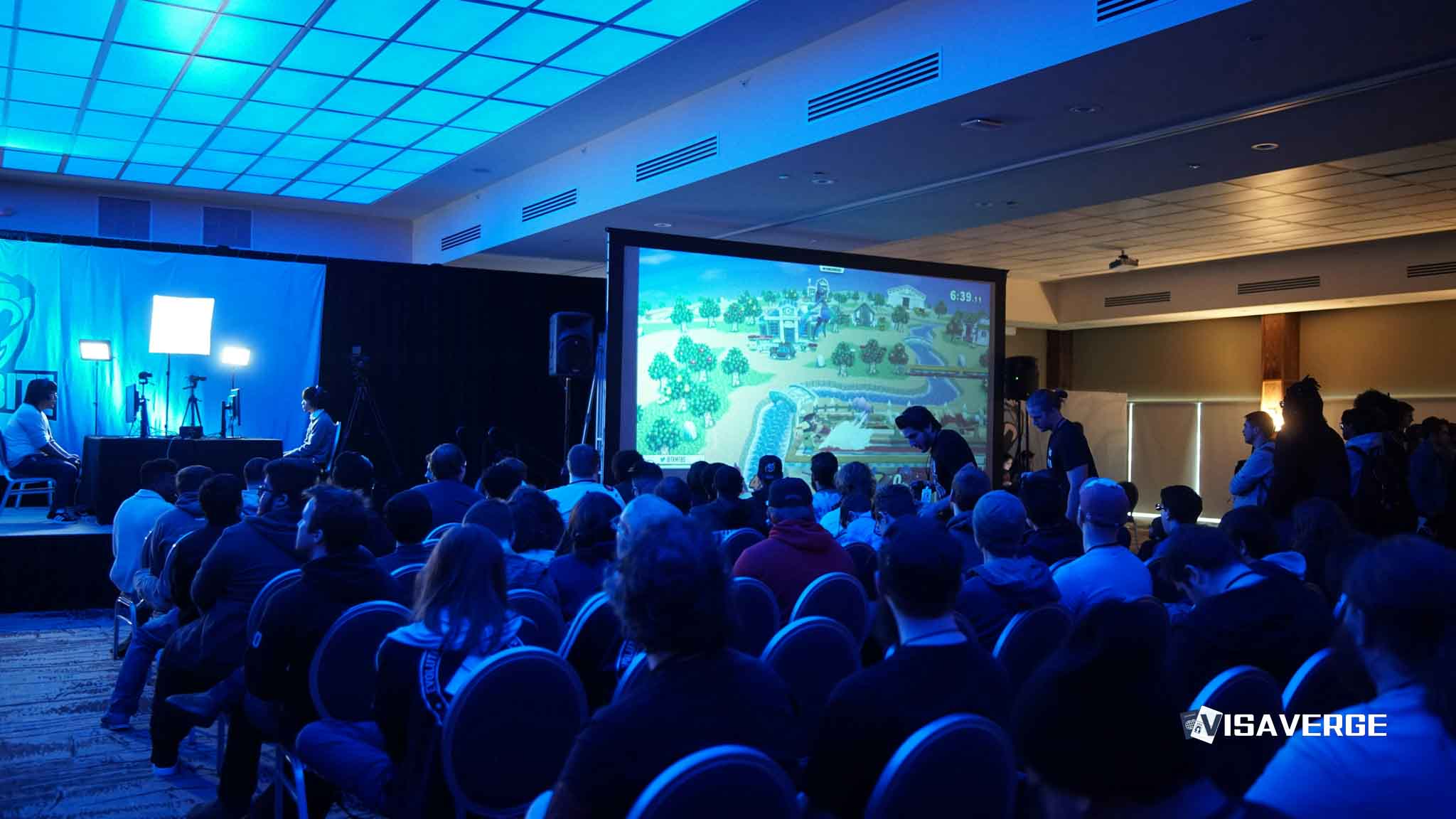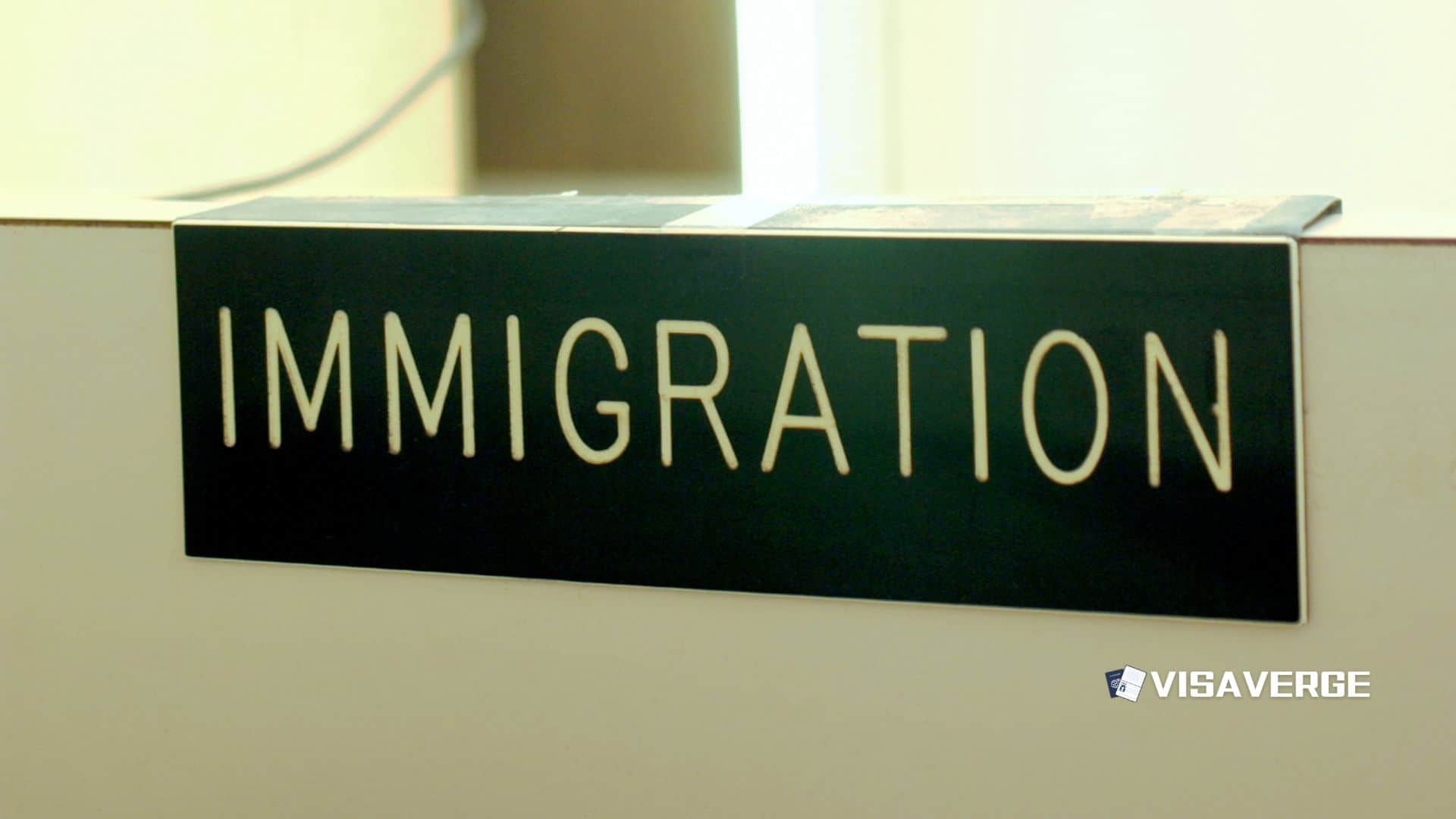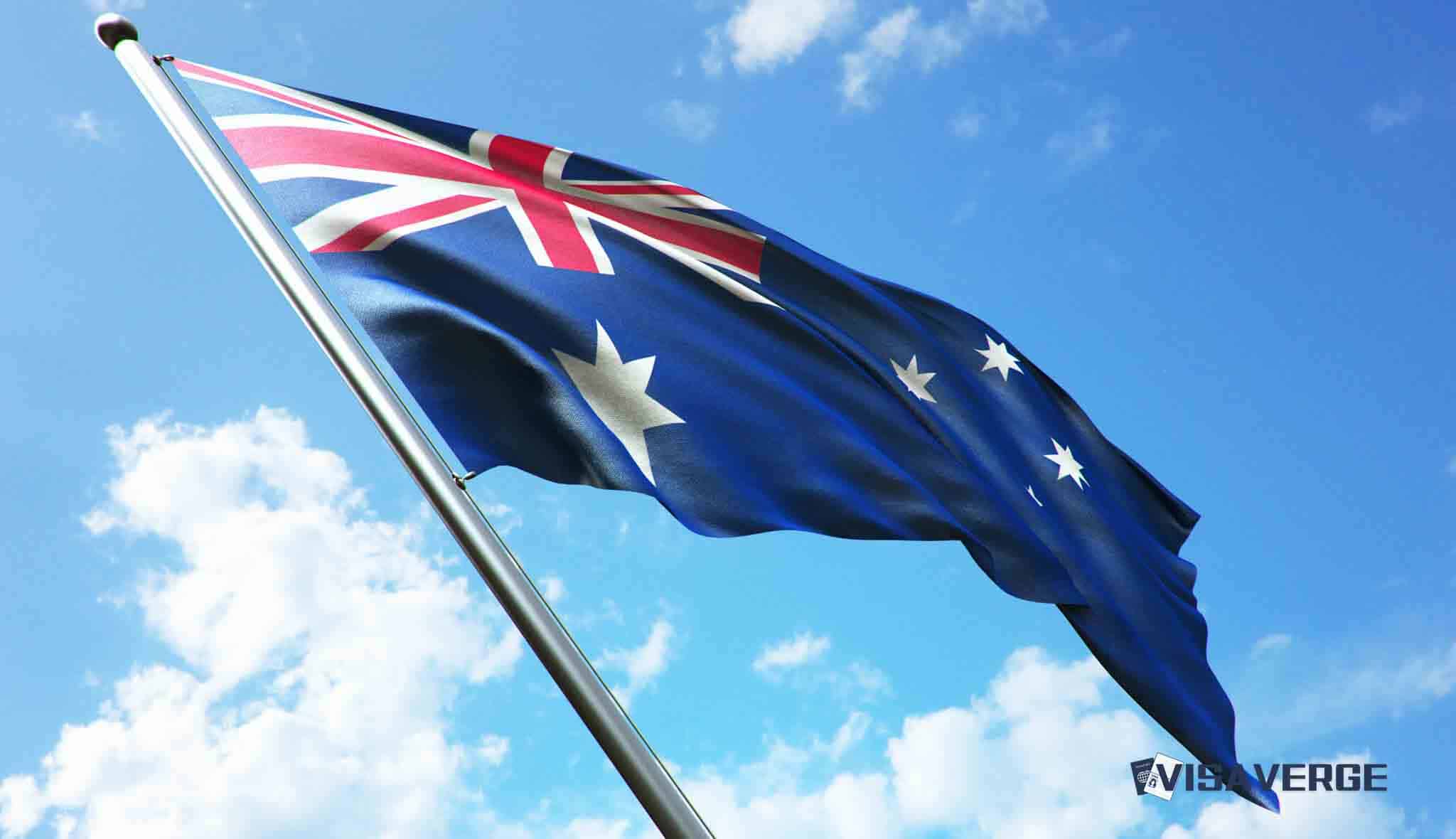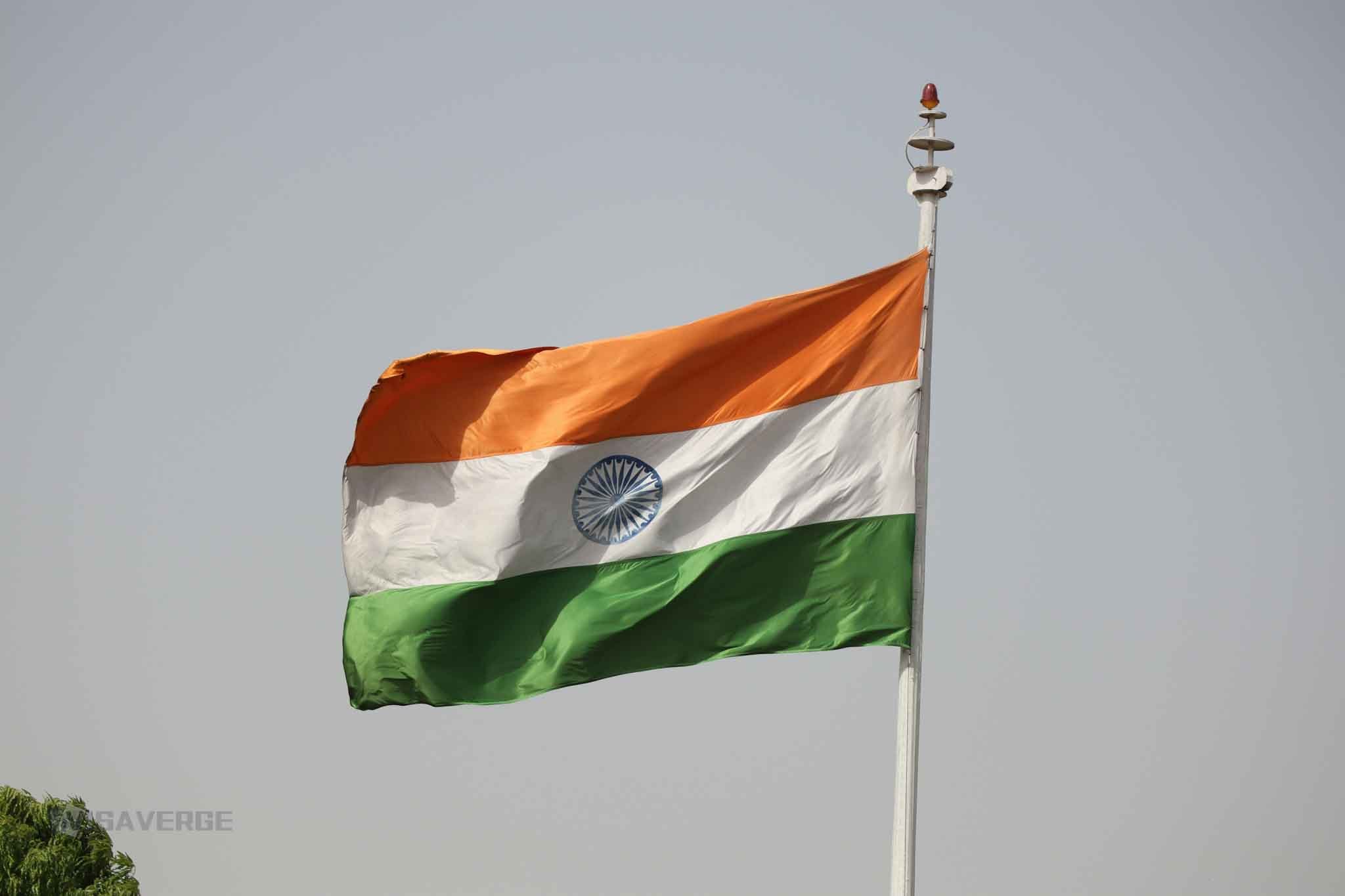Key Takeaways
• On June 9, 2025, visa bans target nationals from 19 countries, blocking many student and exchange visitor visas.
• A Harvard-specific ban suspends entry for all new international students, with possible revocation of current visas.
• At least 16 U.S. colleges face collapse due to loss of international student tuition revenue amid visa bans.
On June 4, 2025, President Trump issued sweeping visa bans that have sent shockwaves through the U.S. higher education system. These new restrictions, which took effect on June 9, 2025, target nationals from 19 countries and include a highly unusual, direct ban on international students and scholars at Harvard University. The immediate impact has been severe: at least 16 U.S. colleges are reportedly on the brink of collapse, and the future of international education in the United States 🇺🇸 is now deeply uncertain.
What Happened: The New Visa Bans and Harvard-Specific Order

President Trump’s latest executive actions include two major components:
- Broad Visa Bans: Nationals from 19 countries, including Afghanistan, Iran, Libya, and Venezuela, now face either total or partial bans on entering the United States 🇺🇸 as students, exchange visitors, or immigrants. For some countries, all visa categories are suspended; for others, student and visitor visas (F, M, and J) are specifically blocked.
- Targeted Ban on Harvard University: In a separate executive order, President Trump suspended the entry of all new international students, researchers, and exchange visitors to Harvard University. The order also directed the State Department to consider revoking the visas of current Harvard students and scholars.
These bans took effect almost immediately, leaving thousands of students, families, and university officials scrambling for answers.
Why Were These Bans Imposed?
President Trump has justified the bans on national security grounds. He claims that Harvard University has failed to cooperate with federal investigations and has prioritized diversity, equity, and inclusion (DEI) in admissions, allegedly in defiance of Supreme Court rulings. The administration also argues that the bans are necessary to address concerns about visa overstays, foreign influence, and the need for stricter vetting of international students.
Secretary of State Marco Rubio has ordered additional screening for all Harvard-bound travelers and paused all student visa interviews worldwide until new vetting procedures, including expanded social media checks, are in place.
Who Is Affected?
The impact of these visa bans is wide-ranging and immediate:
- Nationals from 19 Countries: Students and scholars from Afghanistan, Burma, Chad, Republic of the Congo, Equatorial Guinea, Eritrea, Haiti, Iran, Libya, Somalia, Sudan, Yemen, Burundi, Cuba, Laos, Sierra Leone, Togo, Turkmenistan, and Venezuela are either totally or partially banned from entering the United States 🇺🇸. For many, this means no new visas will be issued, and existing visas may be revoked.
- Harvard University: All new international students, researchers, and exchange visitors are barred from entering. The State Department has been told to consider revoking visas for current Harvard students, though this is temporarily blocked by a court order.
- Other U.S. Colleges: At least 16 smaller, tuition-dependent colleges are reportedly at risk of closure due to the sudden loss of international students, who often pay full tuition and make up a significant portion of the student body.
The Immediate Fallout: Colleges in Crisis
The U.S. higher education sector relies heavily on international students. According to analysis from VisaVerge.com, international students contribute over $40 billion each year to the U.S. economy. At Harvard University, about 25% of the student body is international. Across the country, many smaller colleges depend on these students for financial survival.
With visa processing paused and bans in place, these colleges are facing:
- Loss of Tuition Revenue: International students often pay full tuition, which helps subsidize costs for domestic students and supports university operations.
- Threat of Closure: At least 16 colleges are reportedly on the brink of collapse, unable to replace the lost income from international students.
- Disrupted Academic Programs: Research collaborations, exchange programs, and campus diversity are all at risk.
Chris Glass, a higher education expert at Boston College, warns that the uncertainty and abrupt policy changes are causing “catastrophic uncertainty” and threaten the very existence of many U.S. colleges.
Harvard’s Legal Battle and Temporary Relief
Harvard University has responded forcefully, filing multiple legal challenges against the bans. The university calls the actions “illegal retaliatory steps” and has vowed to protect its international students.
On June 6, 2025, U.S. District Judge Allison Burroughs issued a temporary restraining order blocking the enforcement of the Harvard-specific ban. This allowed visa processing for Harvard students to resume temporarily. On June 21, 2025, Judge Burroughs granted a preliminary injunction, maintaining Harvard’s ability to enroll international students while the legal battle continues.
The court has emphasized that the administration’s actions may violate due process and First Amendment rights. However, the situation remains fluid, with further hearings and possible appeals on the horizon.
How the Bans Work: Step-by-Step Procedures
As of June 2025, the following procedures are in place:
For Visa Applicants from Banned Countries
- No new visa applications are being processed for affected categories.
- Existing visa holders may face additional screening or possible revocation.
For Harvard Students and Scholars
- New applicants are barred from entry unless they qualify for a “national interest” exemption.
- Current students are temporarily protected by a court order, but their visa status remains uncertain.
- Harvard must provide detailed lists of foreign students to federal authorities.
For All International Students
- Visa interviews and processing are paused worldwide until new vetting protocols, including expanded social media screening, are implemented.
- Students are advised to monitor updates from the State Department and consult their university’s international office for guidance.
For the latest official updates, students and scholars should visit the U.S. Department of State’s visa information page.
The Broader Impact: U.S. Higher Education at a Crossroads
The effects of these visa bans go far beyond Harvard University. The entire U.S. higher education sector is facing:
- Financial Crisis: Many colleges, especially smaller ones, depend on international students for survival. Without them, closures and layoffs are likely.
- Loss of Global Competitiveness: The United States 🇺🇸 has long been the top destination for international students. These bans may push students to choose other countries, such as Canada 🇨🇦, the United Kingdom, or Australia.
- Reduced Research Output: International students and scholars are key contributors to research and innovation. Their absence could slow scientific progress and weaken the country’s global standing.
- Campus Diversity: The bans threaten the diversity and vibrancy of U.S. campuses, which benefit from the perspectives and talents of students from around the world.
Chinese Students: A Group in Limbo
The United States 🇺🇸 hosts about 500,000 Chinese students, the largest group of international students in the country. While China is not on the list of banned countries, the pause in visa processing and the introduction of new vetting procedures have left many Chinese students in limbo. They face uncertainty about whether they will be able to start or continue their studies in the United States 🇺🇸.
Multiple Perspectives: Administration, Universities, Courts, and Students
Trump Administration
President Trump and his administration argue that the bans are necessary for national security. They claim that stricter vetting is needed to prevent visa overstays and protect against foreign influence. The administration also accuses Harvard University of failing to cooperate with federal investigations and of ignoring Supreme Court rulings on admissions policies.
Higher Education Sector
University leaders and higher education experts see the bans as politically motivated and economically damaging. They argue that the restrictions violate academic freedom and threaten the autonomy of U.S. institutions. Many believe the bans will have long-lasting negative effects on the country’s reputation and ability to attract top talent.
Legal Community
So far, the courts have sided with Harvard, emphasizing the importance of due process and constitutional protections. Judge Burroughs has twice blocked the administration’s attempts to revoke Harvard’s ability to enroll international students, citing likely violations of students’ rights.
International Students
For international students, the situation is deeply unsettling. Many face financial loss, disrupted academic and career plans, and the risk of being forced to leave the country. The uncertainty has caused stress and anxiety for students and their families.
Background: How Did We Get Here?
This is not the first time President Trump has imposed travel or visa bans. Between 2017 and 2021, his administration targeted several countries with travel restrictions, but those bans were narrower in scope and often challenged in court.
The current crisis follows months of escalating tension between the Trump administration and elite universities, especially over issues like DEI, campus protests, and alleged foreign influence. The 2025 bans are broader and more explicitly aimed at higher education.
What’s Next? Pending Developments and the Road Ahead
The situation remains highly fluid, with several key developments expected in the coming weeks:
- Possible Settlement: President Trump has hinted at a potential “deal” with Harvard University, but no details have been released.
- Court Hearings: A key hearing is scheduled for June 16, 2025, to determine the future of the Harvard-specific ban.
- Visa Processing Guidance: The State Department is expected to issue new guidance on student visa processing and vetting soon.
- Sector-Wide Impact: If the bans remain in place, more colleges may face closure or severe financial distress, and the United States 🇺🇸 may lose its status as the top destination for international students.
Practical Guidance for Affected Students and Institutions
If you are an international student, scholar, or university administrator affected by these changes, here are some practical steps to take:
- Stay Informed: Regularly check the U.S. Department of State’s website for updates on visa processing and travel advisories.
- Consult Your Institution: Contact your university’s international office for the latest guidance and support.
- Seek Legal Advice: If you are facing possible visa revocation or other legal issues, consult an immigration attorney or organizations like the American Immigration Council.
- Document Everything: Keep records of all communications with government agencies and your institution.
- Prepare for Delays: Expect longer processing times and possible disruptions to your academic plans.
The Human Cost: Real Stories Behind the Headlines
Behind the policy debates and legal battles are real people whose lives have been upended. Students who dreamed of studying at Harvard University or other U.S. colleges now face uncertainty about their futures. Families who invested in education are dealing with financial loss and disappointment. Faculty and researchers worry about the impact on their work and the loss of talented colleagues.
As reported by VisaVerge.com, the current crisis is not just about numbers or policies—it is about the hopes and dreams of thousands of individuals who see education as a path to a better future.
Conclusion: A Defining Moment for U.S. Immigration and Education
President Trump’s 2025 visa bans and the targeted restrictions on Harvard University have created a crisis in U.S. higher education. The immediate effects are being felt by students, colleges, and communities across the country. The long-term consequences could reshape the landscape of international education and America’s role in the world.
As legal challenges continue and the administration signals possible negotiations, the future remains uncertain. What is clear is that the stakes are high—not just for Harvard University or the 16 colleges at risk of collapse, but for the entire U.S. higher education system and the country’s reputation as a welcoming place for students from around the globe.
For those affected, staying informed, seeking support, and preparing for ongoing changes will be essential in the weeks and months ahead.
Learn Today
Visa Bans → Government-imposed restrictions preventing individuals from certain countries from obtaining entry visas to the U.S.
F, M, J Visas → Nonimmigrant U.S. visas for academic students, vocational students, and exchange visitors respectively.
Executive Order → A directive issued by the President that manages operations of the federal government.
Preliminary Injunction → A court order that temporarily prohibits actions until a legal case is resolved.
National Interest Exception → A waiver allowing visa applicants entry despite bans due to important U.S. national reasons.
This Article in a Nutshell
President Trump’s June 2025 visa bans impact 19 countries and Harvard University, threatening international students, research, and causing financial crises in multiple U.S. colleges dependent on tuition from foreign students.
— By VisaVerge.com













